Body cavities – hollow spaces within the human body that contain internal organs. a) The dorsal cavity: located toward the back of the body, is divided into the ...23 pagesMissing: onto | Must include: onto The abdominopelvic cavity is the largest cavity in the body. ... Identify each of the muscle tissue sub-types via a picture or diagram.368 pages
Transcribed image text: labeling Activity: Abdominopelvic Regions C 9 of 10 Part A Drag the labels onto the diagram to identify the abdominopelvic regions.

Drag the labels onto the diagram to identify the abdominopelvic regions.
Learning Objectives. Demonstrate the anatomical position; Describe the human body using directional and regional terms; Identify three planes most commonly ... Group Labels. If an expanded label shows a list of structures, it is a Group Label. Scroll through and select each label within the group to identify the ...Missing: onto abdominopelvic Part A Drag the labels onto the diagram to identify the sectional planes of from BIOL 2301 at Houston Community College.
Drag the labels onto the diagram to identify the abdominopelvic regions.. Define homeostasis. 8. Why is homeostatic regulation important to an organism? See the blue Answers tab at the back of the book. RESPONSE: Room temperature. Drag the labels onto the diagram to identify the abdominopelvic regions. ... The trunk is subdivided into the abdominopelvic and ______. thoracic cavity. Rating: 5 · 2 reviews Part A Drag the labels onto the diagram to identify the sectional planes of from BIOL 2301 at Houston Community College. Group Labels. If an expanded label shows a list of structures, it is a Group Label. Scroll through and select each label within the group to identify the ...Missing: onto abdominopelvic
Learning Objectives. Demonstrate the anatomical position; Describe the human body using directional and regional terms; Identify three planes most commonly ...

ocean scenery

Drag The Labels Onto The Diagram To Identify The ...

Drag The Labels Onto The Diagram To Identify The ...
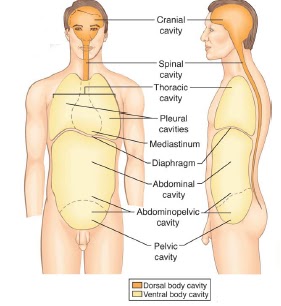
Anatomy and Physiology I Coursework: Dorsal/Ventral Body ...

Solved: Drag The Labels Of Spinal Nerves And Regions Of Th ...
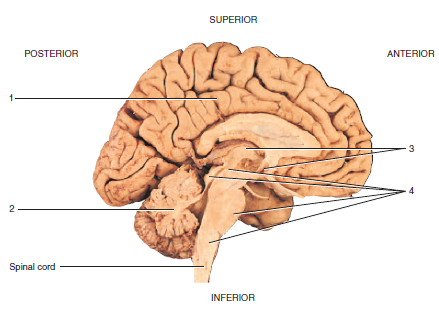
Anatomy Exam 2 Flashcards | Easy Notecards
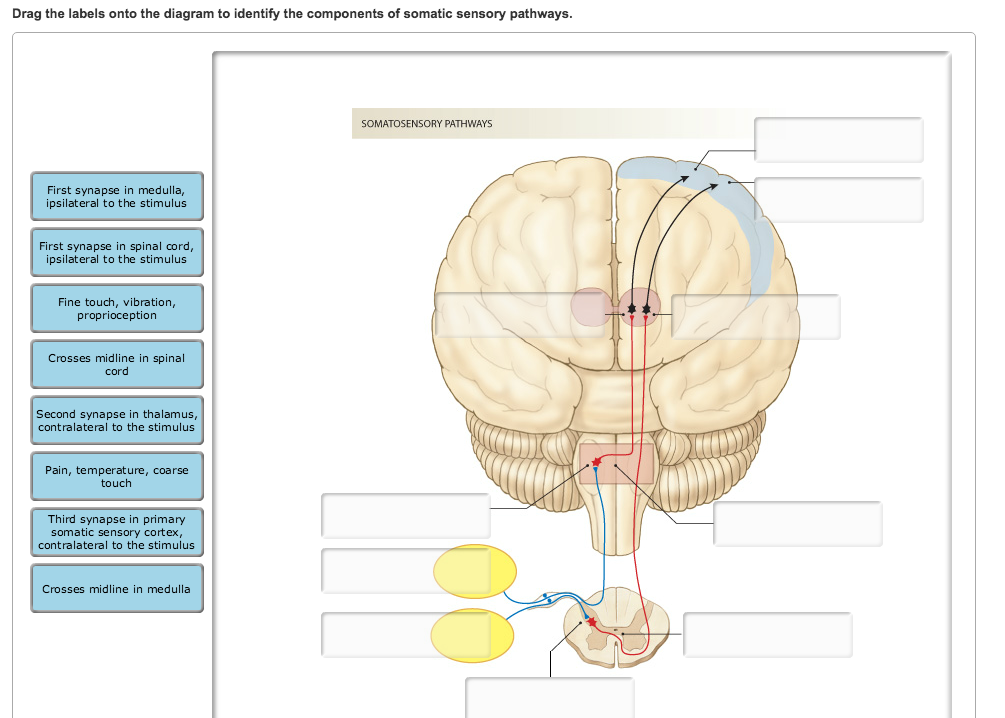
Solved: Drag The Labels Onto The Diagram To Identify The C ...
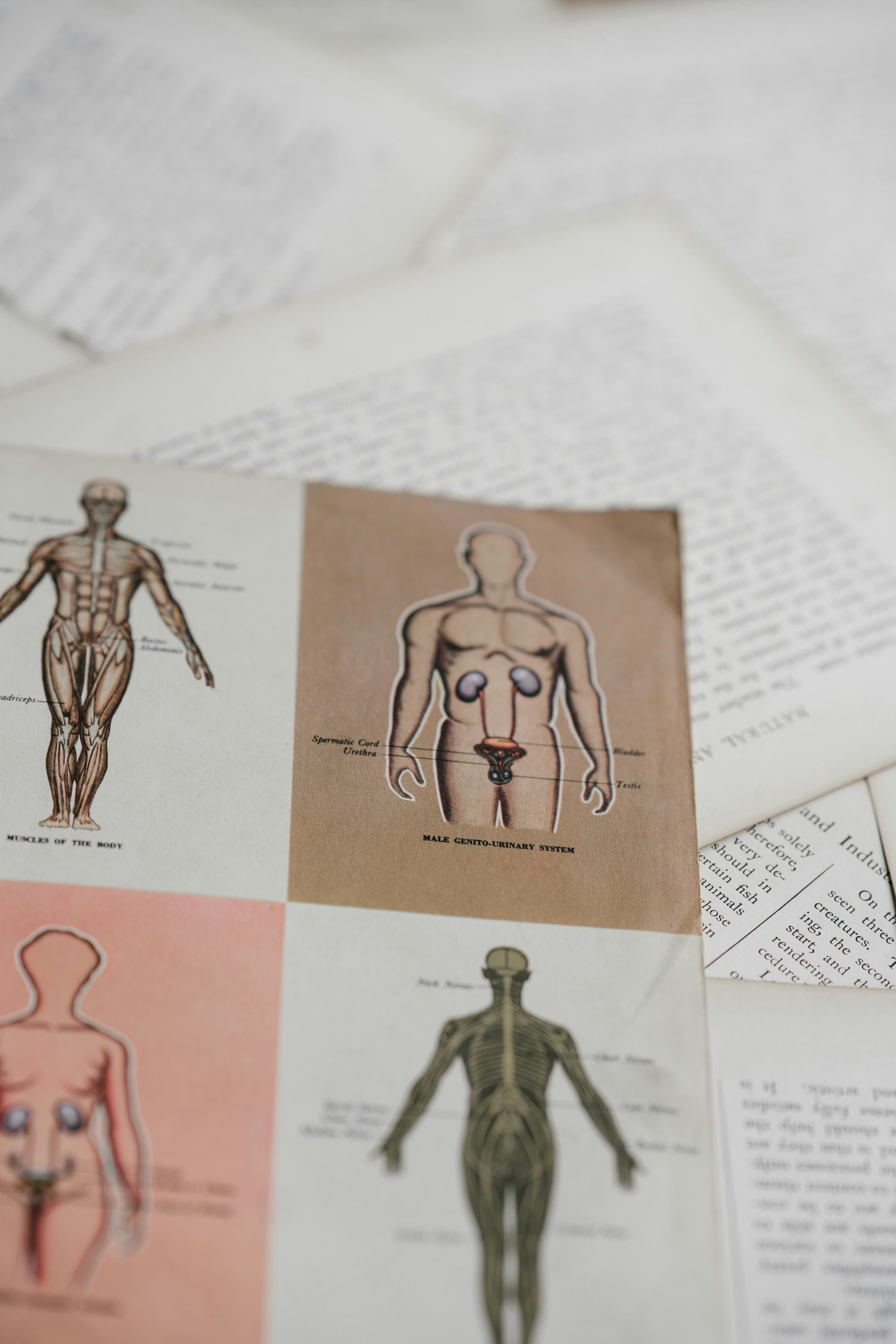
shallow focus photo of book page

Drag The Labels Onto The Diagram To Identify The ...
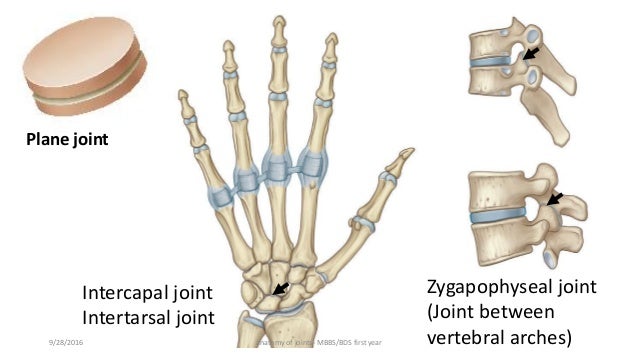
Drag The Labels Onto The Diagram To Identify The ...

Conventional Powerlifting Training - The ULTIMATE ...
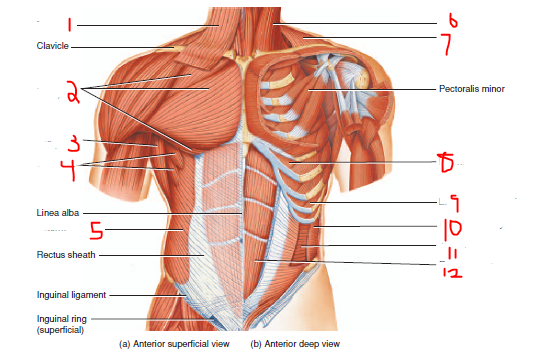
Print Anatomy Exam 2 flashcards | Easy Notecards

30 Drag Each Label To The Appropriate Location On This ...

Drag The Labels Onto The Diagram To Identify Structural ...

32 Label This Anterior View Of The Human Heart - Labels ...
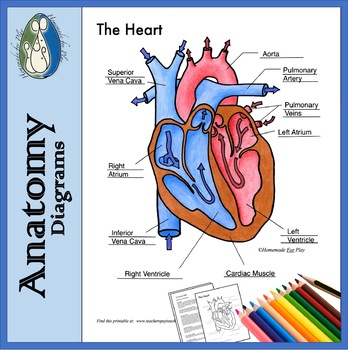
Can You Drag The Labels To The Correct Locations In This ...

Solved: Drag The Labels To The Correct Target To Identify ...

Solved: Labeling Activity: Abdominopelvic Regions C 9 Of 1 ...

Abdominopelvic Regions Labeled - ovulation symptoms

Cat dissection 17 | Cat Dissection | Lab Student | Flickr
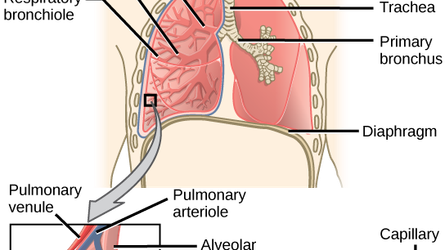
31 Can You Drag The Labels To The Correct Locations In ...

AP Biology Chapter 44

Solved: Drag The Labels Onto The Diagram To Identify The R ...

brachiocephalic+vein | This diagram shows the veins ...
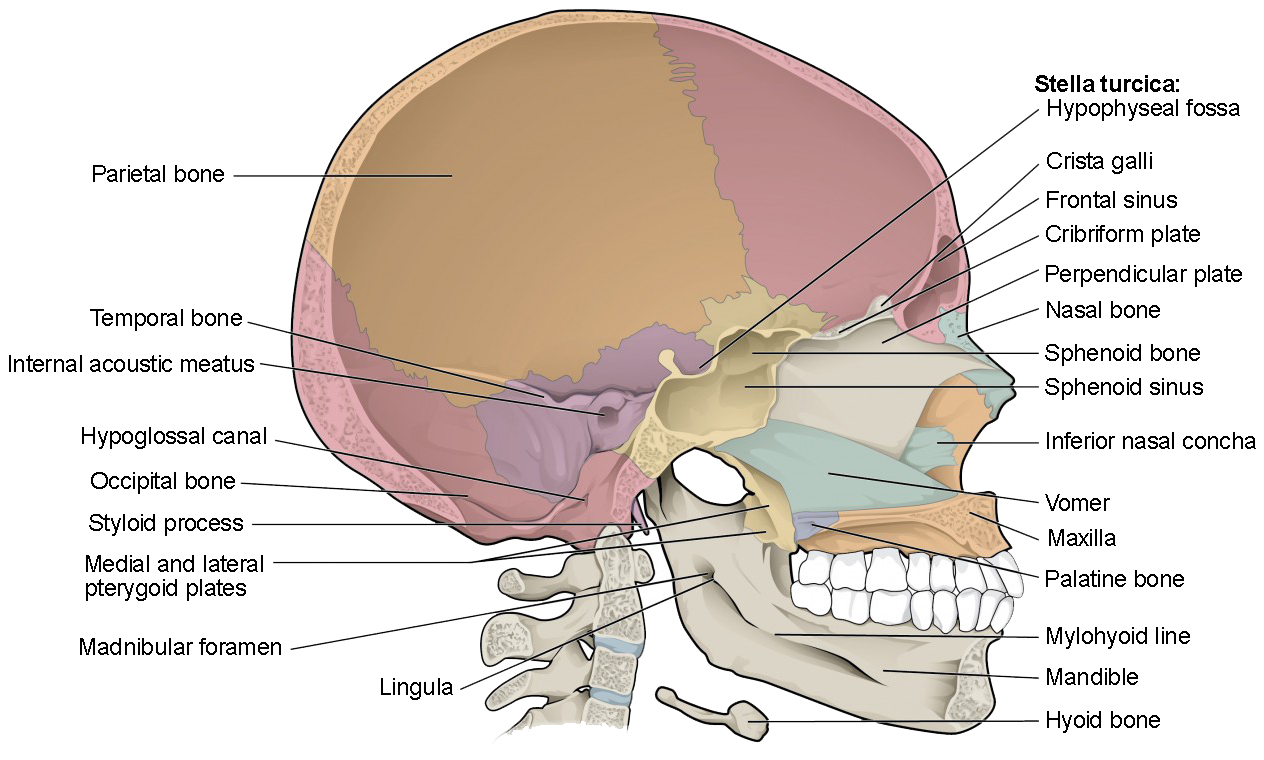
Drag The Labels Onto The Diagram To Identify Structural ...
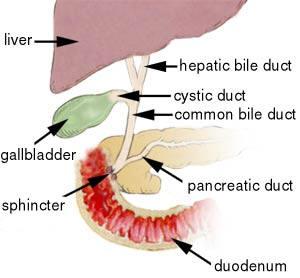
31 Can You Drag The Labels To The Correct Locations In ...

yellow green and white map

Drag The Labels Onto The Diagram To Identify The ...

Cranial Nerves | Nerve anatomy, Medical anatomy

**What two joints articulate at the atlas, and what ...

Digestion and Absorption - Nutritional Doublethink

woman in red tank top and blue yellow and green scarf standing on the street
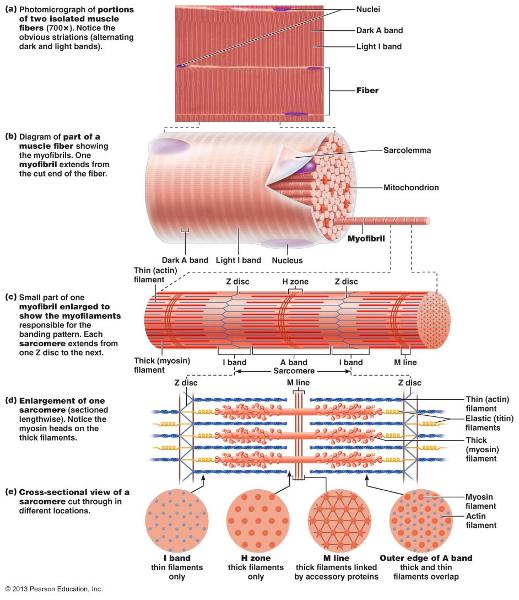
Print Chapter 10 flashcards | Easy Notecards
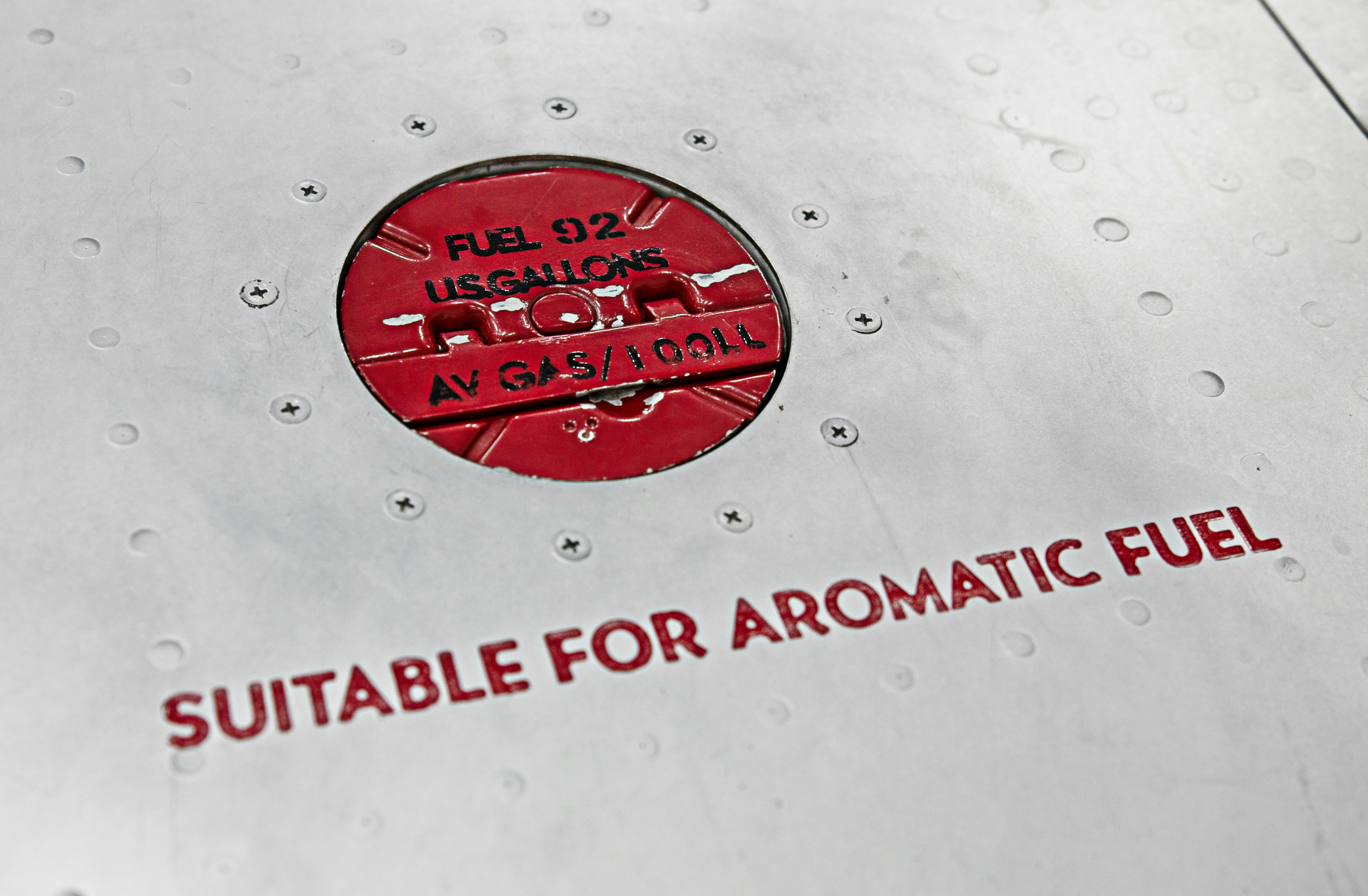
red and white round logo
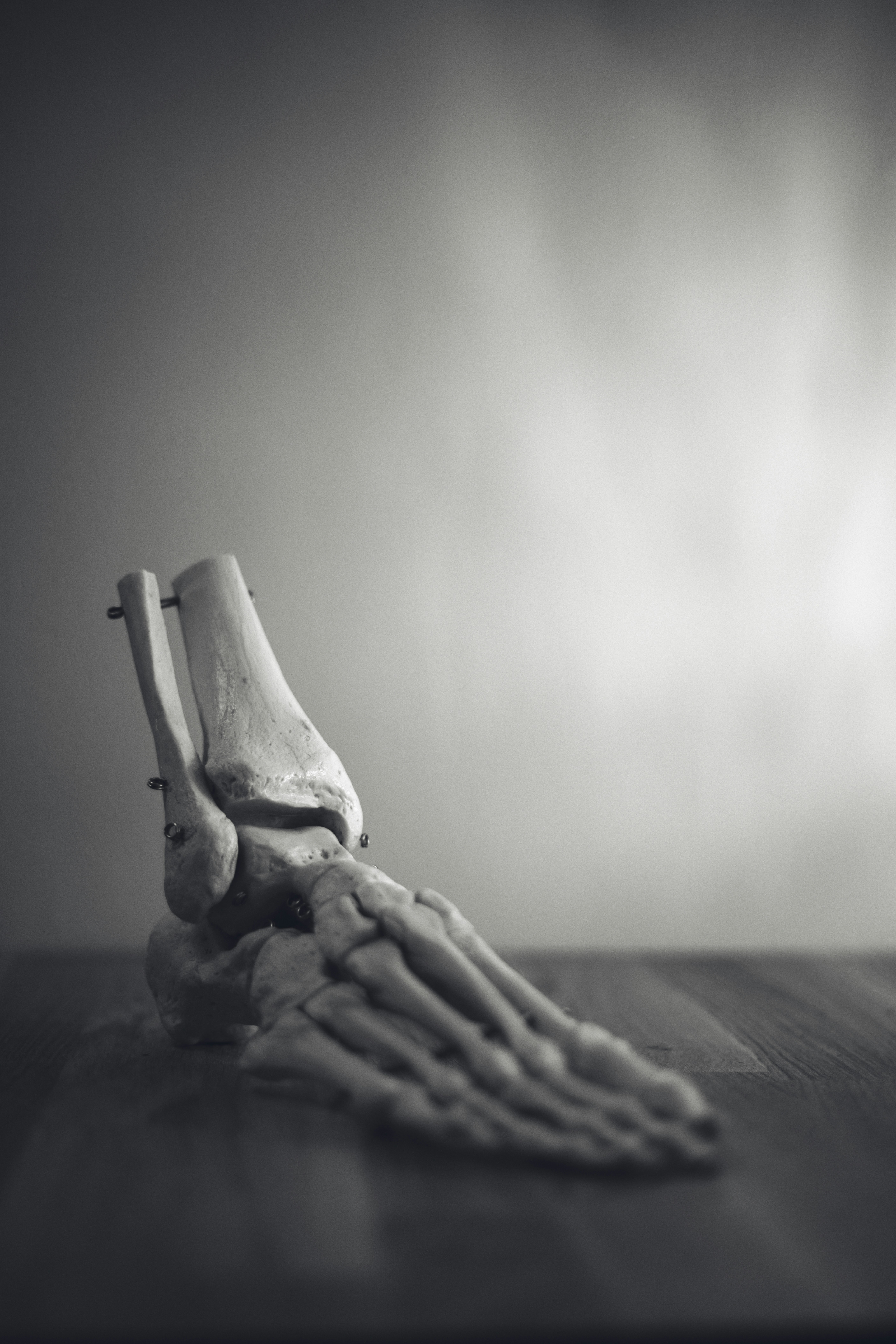
gray concrete statue of a man

Drag The Labels Onto The Diagram To Identify The ...

Can You Drag The Labels To The Correct Locations In This ...
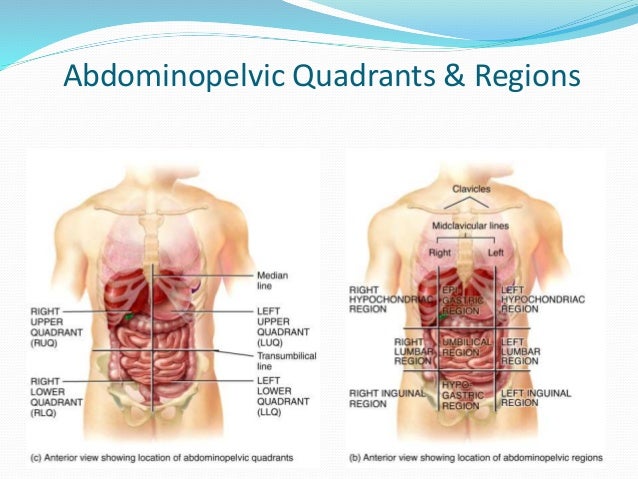
Abdominopelvic Regions Labeled - ovulation symptoms
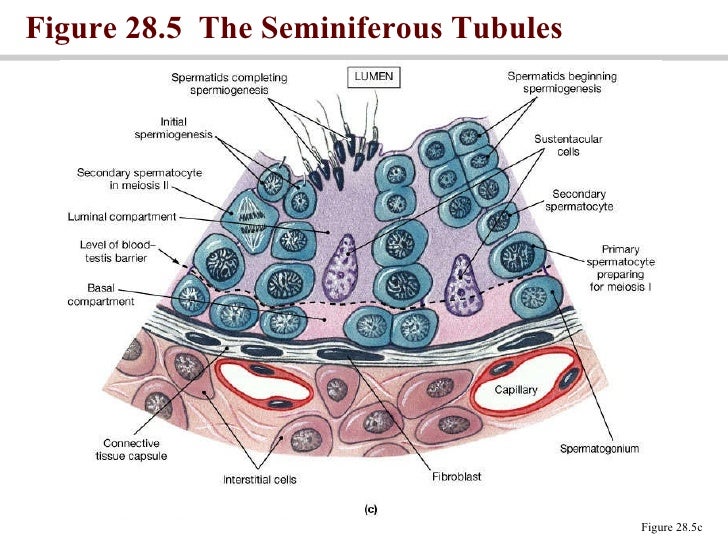
Reproduction

Spine Diagram With Labels - Human Anatomy
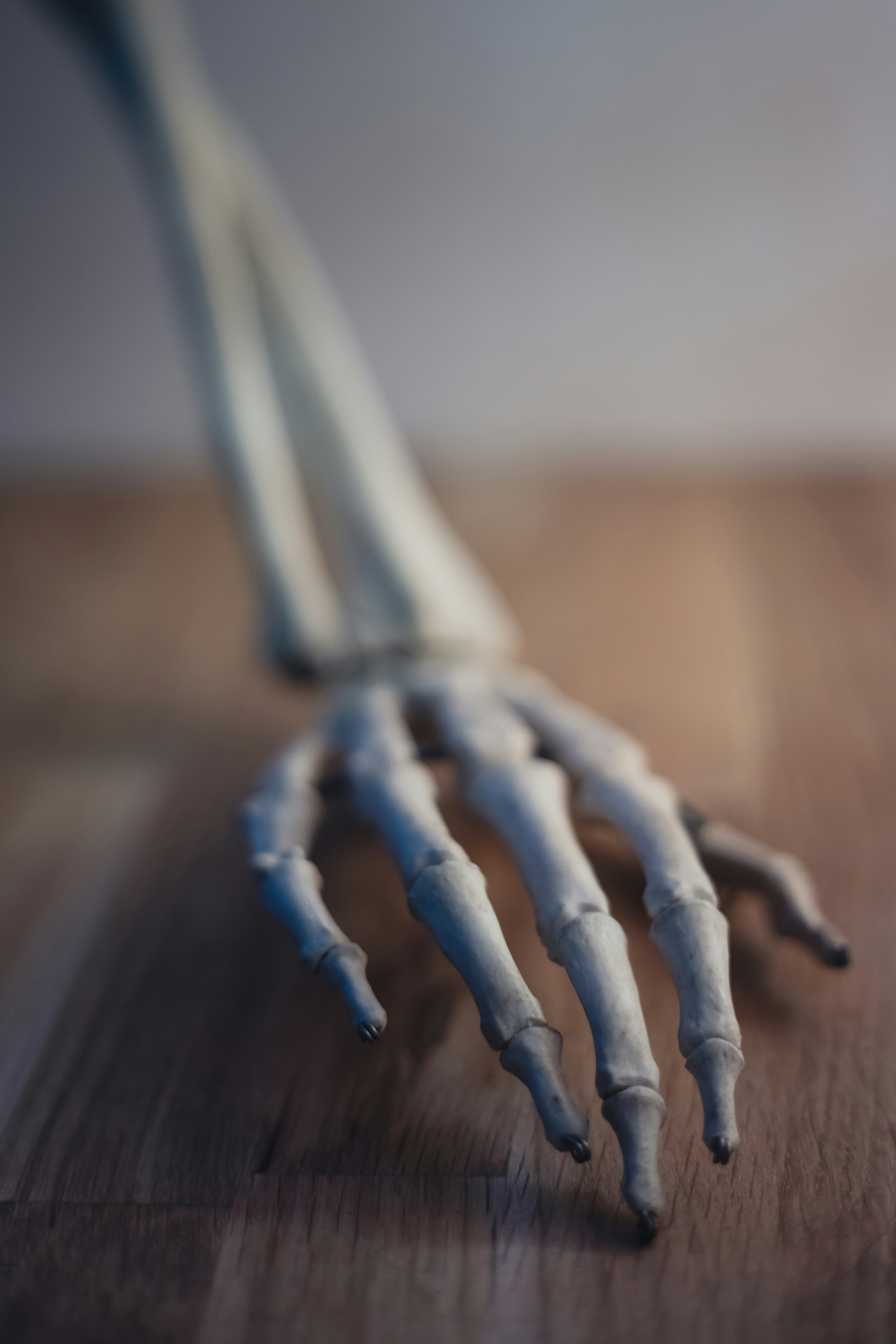
gray rope on brown wooden table

ANTPHY II Study Guide (2013-14 Gatewood) - Instructor ...





































0 Response to "42 drag the labels onto the diagram to identify the abdominopelvic regions."
Post a Comment